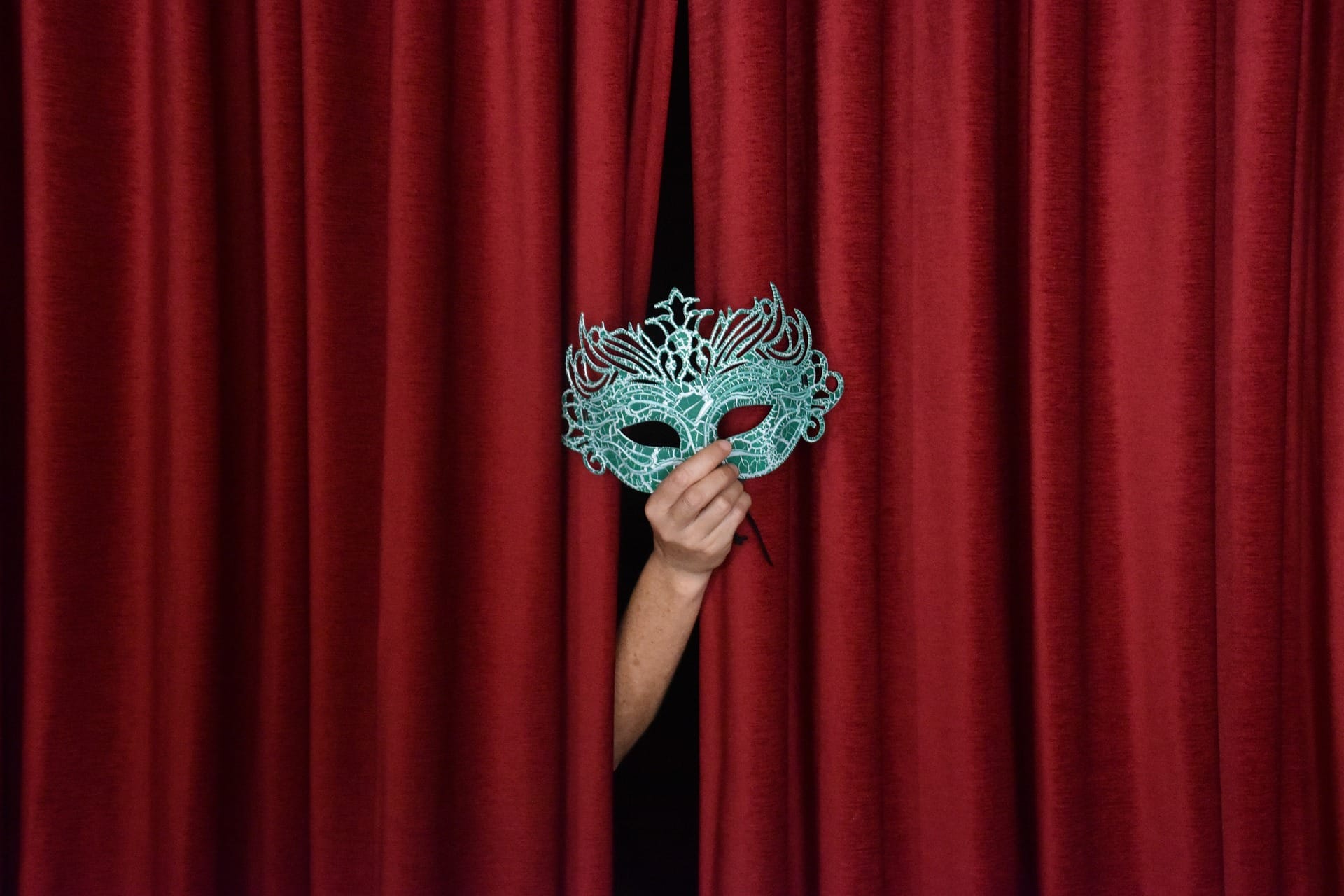Whether it is the turn of a card, the flip of a coin or the roll of dice, there is something compelling about the nature of chance that runs far deeper than winning or losing at a gambling game. It’s a topic that has been a constant theme of the theatre since Hamlet ruminated on suffering the slings and arrows of outrageous fortune.
Here, we take a look at four popular plays from the late 20th and early 21st centuries that are centered on this age-old theme. Three date back to the 1960s, while the last was first performed as recently as 2010. All four have been revived at least one since their original runs, and are certain to appear again, so if you’re keen to learn more, keep an eye on your local theatre schedule.
Rosencrantz and Guildenstern – Australian favorite trumps a night at the casino
Tom Stoppard’s breakthrough play was first performed in 1967, but it seems as edgy today as ever. The play recently completed a run at the Canberra Rep, and Lainie Hart and Josh Wiseman made the roles their own.
Existential tragi-comedies that ponder the meaning of life might not sound like standard fare for the average Australian audience. This is, however, an environment in which the opening, in which the characters bet on the flip of a coin, will resonate. It’s not exactly the sort of game you’d find at an Australian online casinos with fast withdrawal, but the game bears parallels with popular even money casino games like baccarat or certain roulette bets. It also shows that a freak run can either lead an unexpected big money withdrawal – or an equal and opposite catastrophic loss.
The titular protagonists’ game leads to Rosencrantz correctly betting on heads 77 times. It sets up the main questions of the play. Is the world completely governed by random events or is there some underlying and unchangeable plan? And when you are minor characters doing your business offstage while everyone’s attention is focused on the Prince of Denmark, does it even matter anyway?
A Streetcar Named Desire is really all about the poker scenes
Tennessee Williams’ classic was originally drafted under the working title of The Poker Night, which gives you an idea just how important the opening and closing card games are to the entire plot.
The thing about poker is that of course you need luck. But even with a bad hand, you can still win if you play the cards you are dealt as if they are invincible. To be lucky, opines Stanley at one point, you only have to believe you are lucky.
Predominantly, though, the cards serve as a representation of the play’s main theme of power struggles between the sexes and how they are played out. Early on, the game itself, a game to which “women are cordially not invited” acts as a divisive force. From then on, the protagonists speak in poker terms about laying their cards on the table.
Students of the arts have written tomes on other symbolic subtleties, real or imagined, embedded in Streetcar’s poker scene. Real or bluff? We’ll leave you to decide.
The Odd Couple come together through a card game
Felix and Oscar, the two unlikely flat mates of the title, told their story on the big and small screens in the 1970s. But before the movie and the TV series, was the stage play, and the enduring, if unlikely, friendship between the two is brought about by the turn of a card.
Originally featuring Walther Matthau and Art Carney in the title roles, this play has been subject to numerous revivals over the years. Like Rosencrantz and Guildenstern, the most recent was in Australia, starring comedians Shaun Micallef and Francis Greenslade in a six week run at Melbourne’s Southbank Theatre in 2016.
The play focuses on card games as a means to relax, have fun and build friendships. The opening poker scene is uproariously funny and sets the tone for what is to come. The interesting thing is that it is not just the characters who get to know and understand one another better through the fortunes and misfortunes of the cards they are dealt. That understanding also extends to the audience, and even the most cynical viewer will leave the theatre with the sense of reluctance that is part of bidding farewell to anyone we care about. Who says comedies can’t be powerful?
House of Games adapted a movie for the stage
Here is an oddity indeed – a 1987 neo-noir heist flick that was adapted for the stage more than 20 years later. Film buffs were cynical and disliked the simplified structure and the softened dénouement, but others, including respected theatre critic Charles Spencer, thought it surpassed the source material.
Margaret and Mike’s story begins when the latter asks the former to observe a backroom poker game at a pool club to use her expertise as a psychologist to help him to read players’ tells. As Margaret becomes increasingly drawn to Mike, and drawn into his world, the two find themselves descending on an ever darker path.
David Mamet’s screenplay touches on an array of themes, but the most significant message is on the nature of risk. It is an intriguing counterbalance to the Stanley’s message that thinking lucky means being lucky in Streetcar.
After its initial run at London’s Almeida Theatre, the play was revived in – where else – Australia. This time it was Sydney’s turn, and Katherine Shearer and Ben Brock generated a tangible chemistry in the lead roles during a two month run at the New Theatre in the West Sydney suburb of Newtown.
